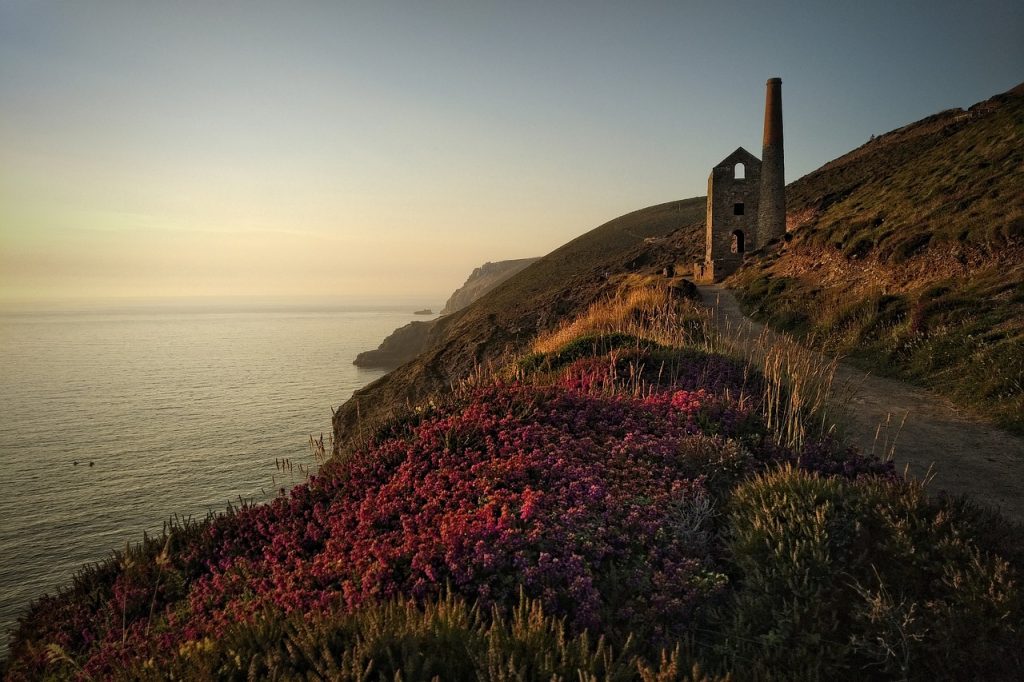
If you’re looking for a destination that combines stunning natural beauty with a strong commitment to sustainability, look no further than Cornwall. This picturesque region in the southwest of England has long been a favorite for travellers seeking rugged coastal views, expansive sandy beaches, and charming countryside. But what truly sets Cornwall apart is its focus on sustainable tourism, making it a must-visit destination for eco-conscious travelers.
From its renewable energy projects to its conservation efforts, Cornwall is leading the way in sustainable development while preserving its cultural heritage. Whether you’re interested in exploring historic landmarks, eco-friendly activities, or simply relaxing in green accommodations, Cornwall offers an enriching and environmentally responsible travel experience.
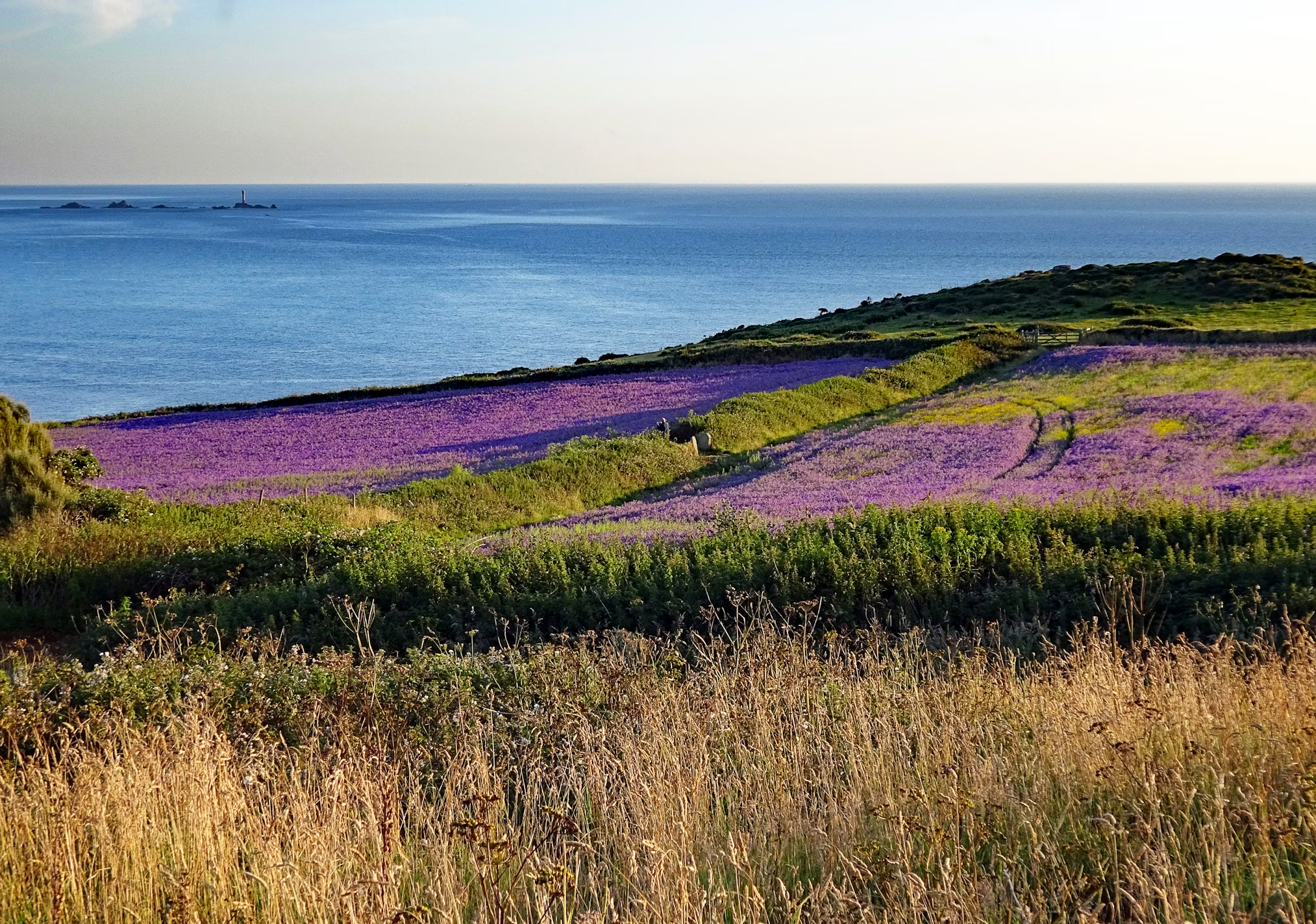
In this blog, we’ll explore why Cornwall deserves a top spot on your sustainable tourism bucket list. We’ll dive into the region’s commitment to renewable energy, community-based initiatives, and conservation, and highlight the best eco-friendly activities and accommodations that Cornwall has to offer.
Cornwall’s Natural Beauty: A Sustainable Haven
Cornwall’s landscape is nothing short of breathtaking, with its dramatic cliffs, golden beaches, and rolling countryside. It’s no wonder the region has become a top destination for nature lovers and outdoor enthusiasts. But what makes Cornwall even more special is its commitment to preserving this natural beauty through sustainable practices.
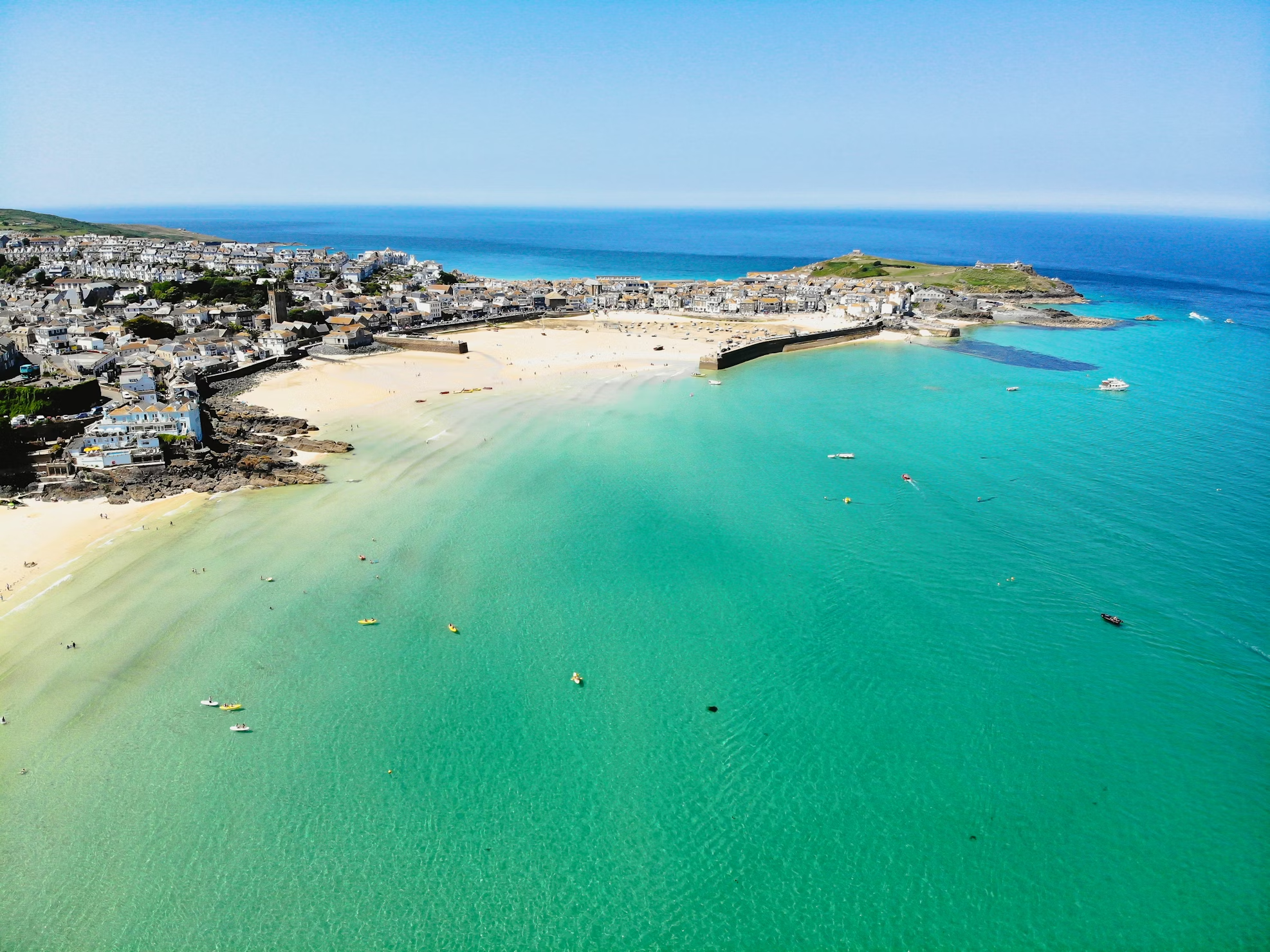
Coastal Views and Sandy Beaches
Cornwall’s coastline is famous for its unbelievable coastal views, with towering cliffs that plunge into the turquoise waters of the Atlantic. Some of the most popular coastal spots include Land’s End, Tintagel, and the Lizard Peninsula, where visitors can marvel at the rugged landscapes and explore miles of coastal walking paths. The South West Coast Path, which runs along much of Cornwall’s coast, offers stunning views and is a great way to experience the region’s natural beauty on foot.
The region is also home to some of the UK’s most beautiful sandy beaches, including Porthcurno Beach, Fistral Beach, and Kynance Cove. These beaches are perfect for swimming, sunbathing, and water sports like surfing and paddleboarding. What makes these beaches even more special is that they are carefully managed to ensure that they remain unspoiled. Many of Cornwall’s beaches have Blue Flag status, a certification that guarantees they meet high environmental and safety standards.
Sustainable Conservation Efforts
Cornwall’s natural beauty is carefully protected through a variety of conservation initiatives. The region is home to several Areas of Outstanding Natural Beauty (AONB), including the Cornish coast and Bodmin Moor. These areas are designated for their exceptional landscapes and biodiversity, and they are managed to promote sustainable land use, prevent overdevelopment, and conserve wildlife habitats.
Local organizations such as the Cornwall Wildlife Trust play a key role in conservation, working to protect endangered species, restore natural habitats, and promote responsible tourism. The Trust runs various conservation projects across the region, from beach cleanups to habitat restoration efforts, and offers eco-friendly activities like guided nature walks and wildlife watching tours.
Cornwall is also committed to reducing its carbon footprint through initiatives that promote sustainable development. By focusing on renewable energy, community-led projects, and conservation efforts, Cornwall is ensuring that its natural beauty is preserved for future generations while continuing to welcome eco-conscious travelers.
Renewable Energy: Powering Cornwall’s Future
One of the key reasons Cornwall is considered a leader in sustainability is its use of renewable energy. The region is fortunate to have abundant natural resources, including wind, sun, and water, which are harnessed to generate clean energy. Cornwall’s commitment to renewable energy is helping to reduce its dependence on fossil fuels and lower its carbon emissions, making it one of the greenest regions in the UK.
Wind and Solar Power
Cornwall is a pioneer in wind power, with several wind farms scattered across the region. The coastal winds that sweep across Cornwall’s landscape are harnessed to produce significant amounts of electricity, contributing to the region’s renewable energy goals. One of the largest wind farms in the area is Delabole Wind Farm, which has been generating renewable energy since 1991. Visitors can tour the site to learn more about how wind power works and its environmental benefits.
In addition to wind power, Cornwall is also making great strides in solar energy. The region’s relatively sunny climate makes it an ideal location for solar panel installations, which can be seen on homes, farms, and public buildings throughout the county. The Eden Project, one of Cornwall’s most famous attractions, has embraced solar energy by installing large solar panels that help power the site while educating visitors about the importance of renewable energy.
Hydroelectric and Marine Energy
Cornwall’s commitment to renewable energy doesn’t stop with wind and solar power. The region is also exploring the potential of hydroelectric power from its rivers and coastal waters. St. Austell and Looe are just two examples of towns where small-scale hydroelectric schemes have been successfully implemented, using the natural flow of rivers to generate electricity.
Cornwall is also at the forefront of marine energy, a relatively new form of renewable energy that harnesses the power of the sea. The Wave Hub, located off the coast of Hayle, is a pioneering project that tests wave energy technologies. This initiative positions Cornwall as a leader in marine energy and demonstrates the region’s forward-thinking approach to sustainability.
Community-Based Initiatives: Driving Sustainable Development
What sets Cornwall apart from other regions is its strong focus on community-based sustainability initiatives. Local residents, businesses, and organizations are actively involved in promoting sustainable development, ensuring that Cornwall’s green credentials are upheld at every level.
Community-Owned Renewable Energy Projects
One of the most inspiring examples of Cornwall’s commitment to sustainability is the growth of community-owned renewable energy projects. Co-operatives and community organizations have been set up to develop and manage renewable energy schemes, such as wind farms and solar panel installations. These projects not only provide clean energy for local communities but also create economic opportunities and promote environmental awareness.
An excellent example of this is the Cornwall Community Wind Power Co-operative, which allows local people to invest in wind power projects and benefit from the profits. This model of community ownership ensures that the financial rewards of renewable energy stay within the region and that local people have a say in how these projects are managed.
Another exciting initiative is the development of community solar farms, which generate clean energy while providing funds for local sustainability projects. By supporting these initiatives, visitors to Cornwall can be confident that their stay is contributing to the region’s green economy.
Eco-Friendly Tourism Businesses
Many businesses in Cornwall, particularly in the tourism sector, are leading the way in sustainable practices. From green accommodations to eco-friendly activities, these businesses are committed to reducing their environmental impact while promoting the region’s natural and cultural heritage.
Hotels, bed and breakfasts, and self-catering cottages across Cornwall have adopted eco-friendly measures, such as using renewable energy, recycling programs, and water conservation. Many of these accommodations are certified as Green Tourism establishments, a mark of their commitment to sustainability. Staying in a green hotel or eco-friendly B&B not only offers a comfortable and enjoyable stay but also ensures that your visit has a minimal environmental impact.
Restaurants and cafes in Cornwall also play a role in promoting sustainability by sourcing local and organic ingredients, reducing food waste, and supporting farm-to-table practices. Cornwall’s culinary scene is known for its focus on fresh, locally sourced produce, with many establishments highlighting seasonal dishes made with ingredients from nearby farms and fisheries.
Green Lodging and Eco-Friendly Activities
Cornwall offers a wide range of green lodging options and eco-friendly activities for visitors who want to explore the region while minimizing their environmental footprint. Whether you’re looking for a cozy cottage, a luxurious eco-hotel, or a sustainable camping experience, Cornwall has something for every traveler.
Green Accommodations
Eco-conscious travelers can choose from a variety of eco-friendly accommodations in Cornwall, many of which have been designed with sustainability in mind. From off-grid cabins powered by solar energy to luxury eco-lodges made from sustainable materials, these accommodations offer comfort and style while prioritizing the environment.
Trevallick’s Farm Shop and Tea Room, located on the edge of Bodmin Moor, is a fantastic example of sustainable lodging. This eco-friendly accommodation features solar panels, rainwater harvesting, and a commitment to reducing plastic waste. Guests can enjoy organic food sourced directly from the farm and explore the surrounding countryside with minimal environmental impact.
YHA Boscastle, part of the Youth Hostel Association, is another great option for travelers seeking green accommodations. The hostel has implemented energy-saving measures, including the use of renewable energy and eco-friendly cleaning products. Plus, its location on the coast offers easy access to some of Cornwall’s most beautiful walking trails.
Eco-Friendly Activities
Cornwall is a paradise for outdoor enthusiasts, with a wide range of eco-friendly activities that allow visitors to experience the region’s natural beauty while protecting the environment. Hiking, cycling, and wildlife watching are all popular options that have a minimal impact on the local ecosystem.
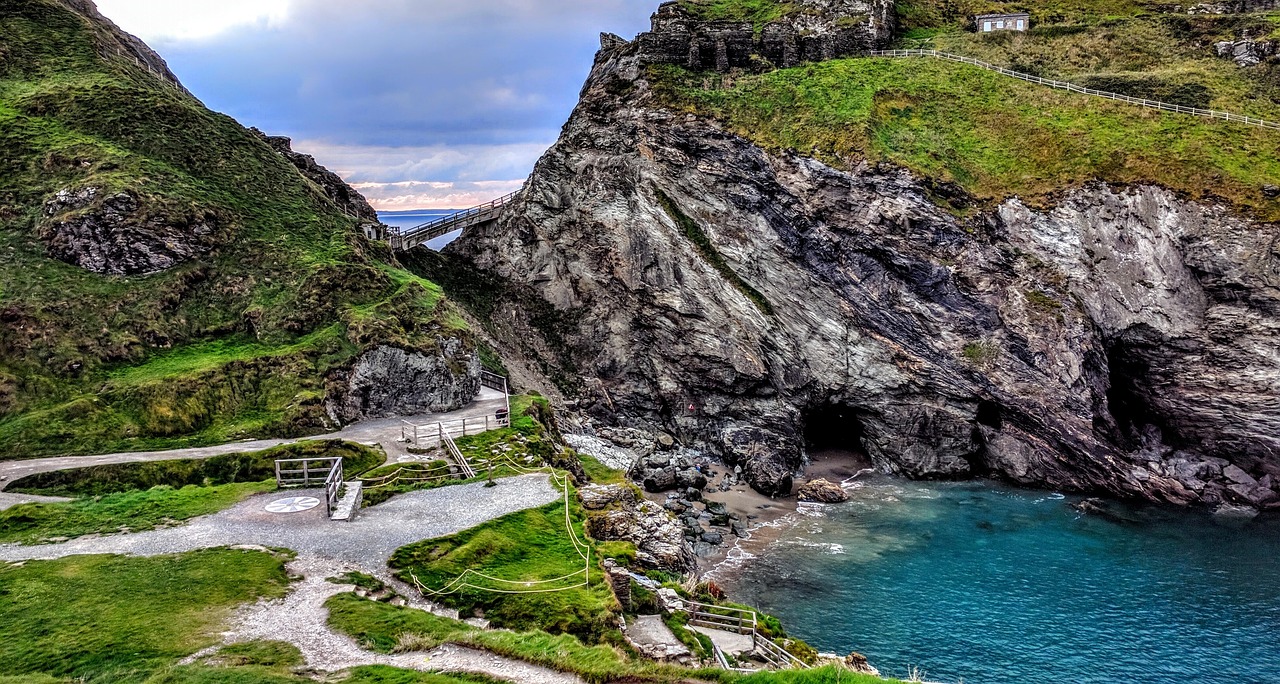
One of the most popular eco-friendly activities in Cornwall is hiking along the South West Coast Path. This long-distance trail offers breathtaking views of the coast and takes you through some of Cornwall’s most stunning landscapes, including St. Ives, Penzance, and the Roseland Peninsula. Hiking is a great way to explore Cornwall’s natural beauty at your own pace while reducing your carbon footprint.
Cycling is another fantastic way to discover Cornwall’s countryside and coast. Many towns and villages have bike rental shops that offer eco-friendly bicycles, and the region is crisscrossed with scenic cycling routes. One of the best cycling routes is the Camel Trail, which follows a disused railway line through the beautiful Cornish countryside and offers a flat, easy ride for cyclists of all abilities.
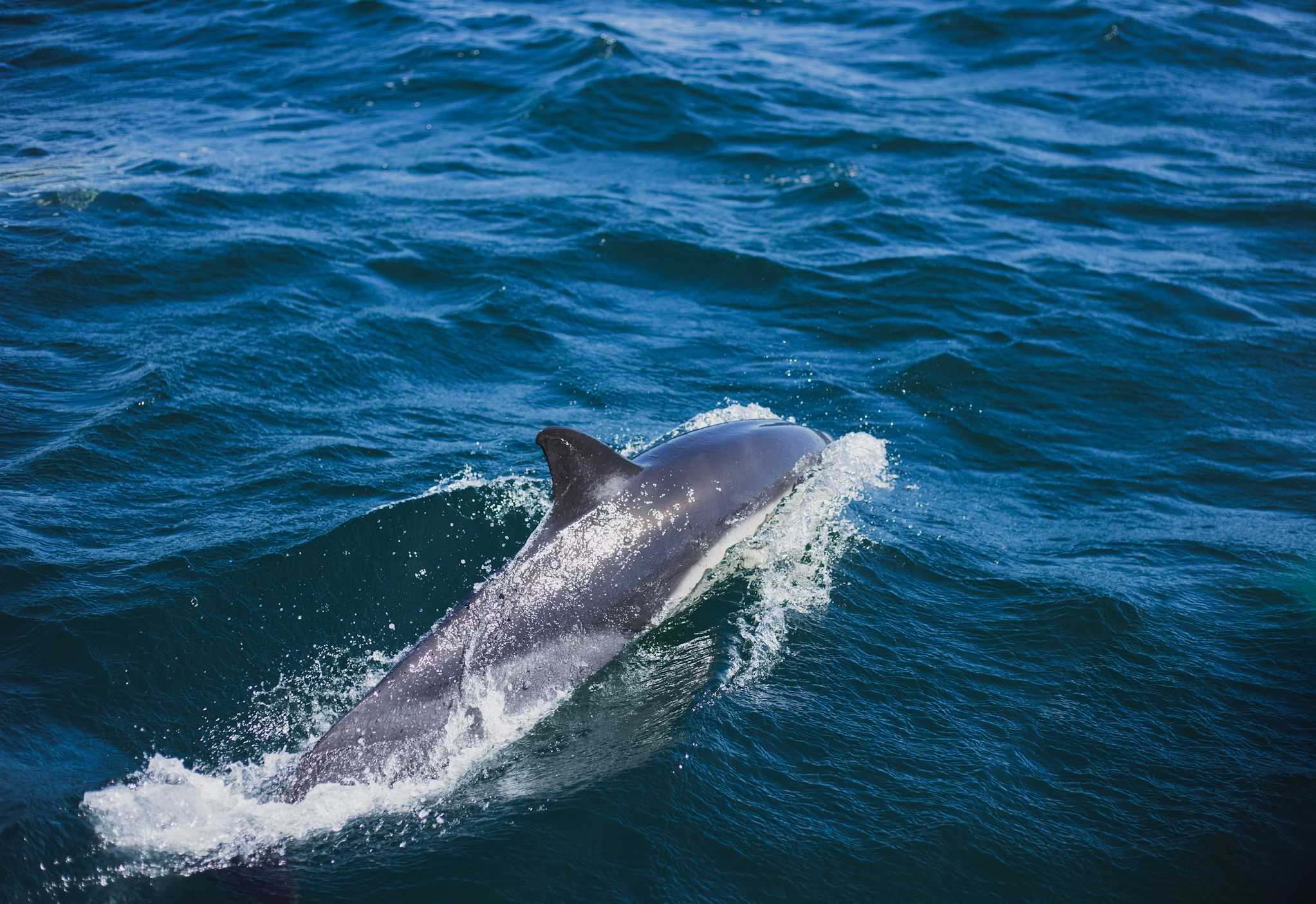
For those who prefer to explore Cornwall’s marine life, snorkeling and diving are popular eco-friendly activities. Cornwall’s waters are home to a diverse range of marine species, including seals, dolphins, and colorful fish. Several eco-conscious tour operators offer guided snorkeling and diving tours that focus on marine conservation and responsible wildlife viewing.
Preserving Cornwall’s Cultural Heritage
Cornwall’s sustainability efforts aren’t limited to its natural environment; the region also places a strong emphasis on preserving its cultural heritage. From its ancient landmarks to its traditional cuisine, Cornwall’s cultural treasures are carefully protected and celebrated, offering visitors a rich and immersive travel experience.
Historical Landmarks
Cornwall is steeped in history, and its heritage sites are an important part of the region’s identity. Many of these sites are protected and managed to ensure that they are preserved for future generations. One of the most iconic landmarks is Tintagel Castle, the legendary birthplace of King Arthur. Perched on the cliffs overlooking the Atlantic Ocean, Tintagel Castle offers visitors a glimpse into Cornwall’s medieval past while also promoting sustainable tourism practices.
Other historical sites, such as the Minack Theatre, a unique open-air theater carved into the cliffs, and St. Michael’s Mount, a tidal island with a medieval church and castle, are also popular with visitors and are managed with a focus on conservation and sustainability.
Local Food and Ingredients
Cornwall is known for its culinary delights, and local food is an integral part of the region’s cultural identity. From Cornish pasties to fresh seafood, the region’s cuisine is deeply rooted in its agricultural and fishing traditions. Many restaurants and cafes in Cornwall emphasize the use of locally sourced ingredients, supporting local farmers, fishermen, and producers.
Farm-to-table dining is a growing trend in Cornwall, with many establishments offering seasonal menus that showcase the best of the region’s produce. Visitors can enjoy traditional Cornish dishes made with fresh, organic ingredients, knowing that their meal supports the local economy and reduces food miles.
Plan Your Sustainable Escape to Cornwall
Cornwall is not just a destination for its stunning beaches, breathtaking views, and rich history—it’s a region committed to sustainability in every aspect. Whether you’re exploring its renewable energy projects, staying in green accommodations, or participating in eco-friendly activities, your visit to Cornwall will leave a positive impact on both the environment and the local community.
So why wait? Imagine yourself hiking along the coast, diving into the crystal-clear waters, or enjoying a meal made from the finest local ingredients. Cornwall is waiting to welcome you with open arms—and it’s a trip that you can feel good about.
With its blend of natural beauty, cultural heritage, and sustainability initiatives, Cornwall truly deserves a top spot on any sustainable tourism bucket list.

